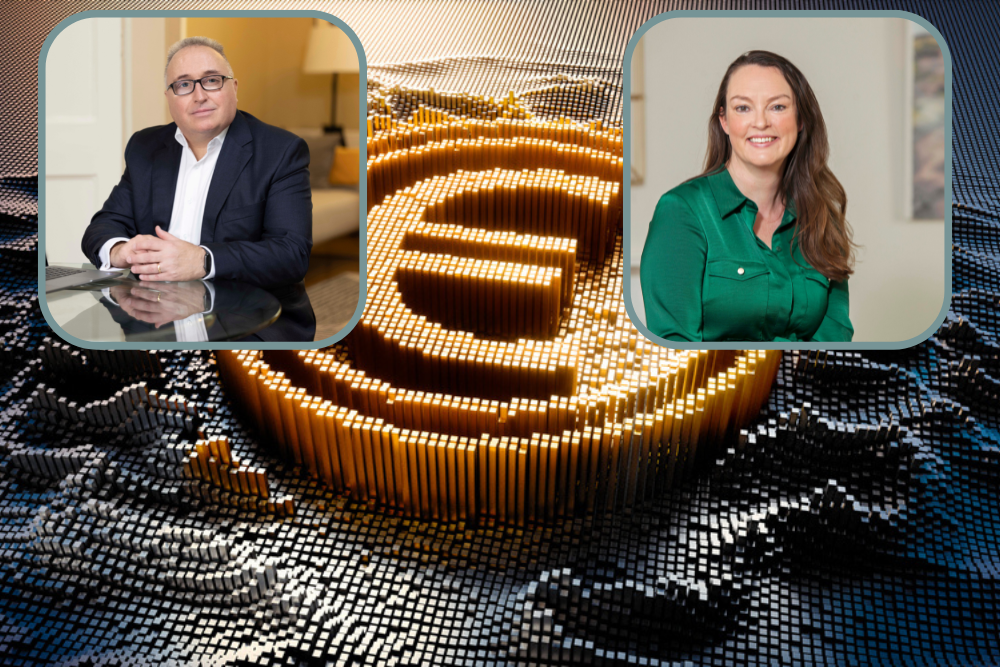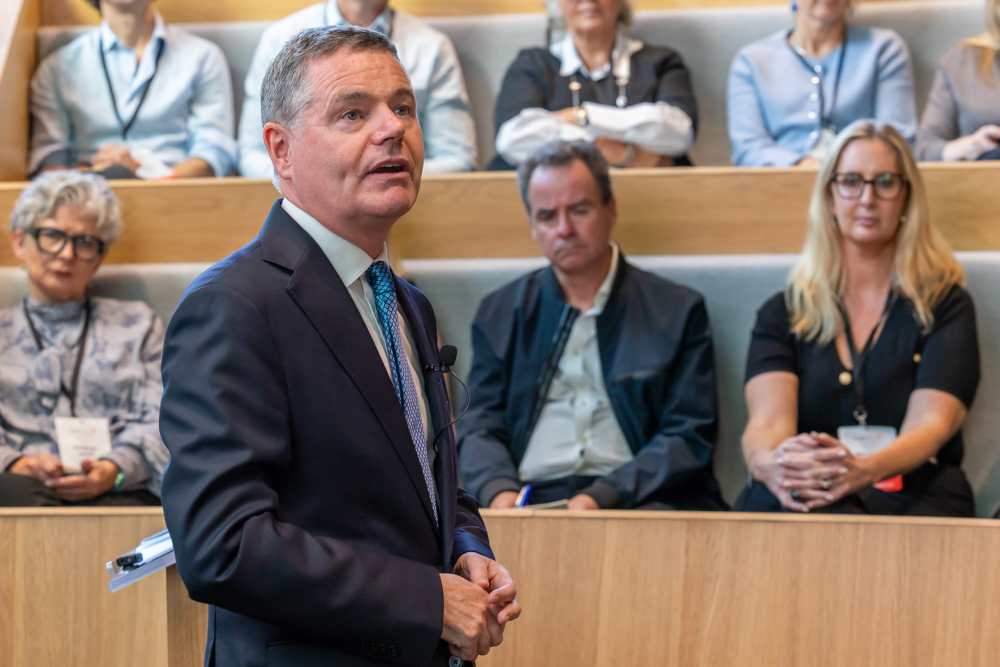Massive 81% pull back by international investors signals dangerous times ahead for scaling Irish SME businesses. Already fewer businesses are landing investment and the trend will continue.
Venture capital investment into Irish SMEs fell to its lowest level in a decade during the second quarter of 2025. Funding dropped to €112.6m, down from €494m in the same quarter last year.
The latest VenturePulse survey from the Irish Venture Capital Association (IVCA), published in association with William Fry, marks the lowest quarterly figure recorded by the IVCA since Q2 2015.
“This is a timely warning sign for Ireland and highlights the need for us to stand on our own feet in terms of funding and backing for our brightest and best indigenous start-ups, instead of depending on volatile international support”
As a result, total funding for the first half of 2025 declined by 14% to €645.5m, compared to €752.7m in the first half of 2024.
Caroline Gaynor, chairperson of the IVCA, said the decline would have been more pronounced without a strong first quarter.
“The fall off would have been worse if not for a record first quarter 2025 which saw an increase of over 100% to €532.8m compared to the same period last year,” she said.
Gaynor attributed the quarterly drop to a significant reduction in international investment.
“There was an 81% pull back by international investors, who invested €69.5 million in the quarter, compared to €375.3 million the previous year. That’s a shortfall of over €305 million,” she said.
“This is a timely warning sign for Ireland and highlights the need for us to stand on our own feet in terms of funding and backing for our brightest and best indigenous start-ups, instead of depending on volatile international support.”
At the Scale Ireland autumn gathering on Thursday (4 September), prominent local venture capital investors including ACT and Frontline Ventures signalled a trend among international investors to divert larger sums of investment toward a small number of AI-based opportunities in the hope of identifying the next OpenAI.
This means less appetite for investment outside of Silicon Valley and bad news for the Irish and European innovation-led businesses that sorely need it.
Finance Minister Paschal Donohoe, TD, signalled potential change in the form of pension reform spurred on by the looming introduction of auto-enrolment next year. While he didn’t reveal what is up his sleeve for Budget 2026, he told the Scale Ireland autumn gathering that options on the table to better support Irish SMEs are being considered.
In the US pension funds invest about 2% of their assets in venture capital. If something similar was to occur in Ireland, it could be a game-changer for creating indigenous businesses of scale and make them less exposed to international headwinds.
Deal sizes dwindle
Sarah-Jane Larkin, director general of the IVCA, said the shift in sentiment was reflected in deal sizes.
“There was a falloff in all deal sizes, with the exception of those under €1m,” she said. “Seed funding, or first rounds by SMEs, fell by over a half to €25.5m”
“There was only one deal (Nomupay) in the €30m-plus category, compared to five last year. Funding fell by 88%to €37m from €300.3m,” she said.
Larkin noted that there was also only one deal in the €10m-plus category (Kota), down from six rounds last year.
Funding in this bracket fell by 87% to €12.4m from over €100m.
“There was a falloff in all deal sizes, with the exception of those under €1m,” she said. “Seed funding, or first rounds by SMEs, fell by over a half to €25.5m.”
She welcomed the recent Department of Enterprise, Trade and Employment (DETE) report, which identified the need for future Government intervention to improve the supply of scaling finance.
“This new data emphasises the urgency of the situation,” she said. “In an increasingly isolationist global economic market, it is more important than ever that we are not dependent on international capital or sentiment and have the capacity to fund our own indigenous winners.”
The life sciences sector led funding in the first half of the year with €255.3m, accounting for 40% of the total. Cybersecurity followed with 18%, fintech with 14%, software with 9%, and artificial intelligence and machine learning with 8%.
Image at top: Sarah-Jane Larkin, director-general, IVCA; and IVCA chair Caroline Gaynor
-
Bank of Ireland is welcoming new customers every day – funding investments, working capital and expansions across multiple sectors. To learn more, click here
-
For support in challenging times, click here
-
Listen to the ThinkBusiness Podcast for business insights and inspiration. All episodes are here. You can also listen to the Podcast on:
-
Spotify
-
SoundCloud
-
Apple





